Recovery Stories for Hope
Tragically, worldwide 27 people die every day as a result of an eating disorder.
At RLNZ, we want to turn that statistic around and find 27 reasons for hope. We have collected stories from people all around the world who are either in strong recovery, or who are recovered today. Read below to find out more.
Zoe McBride
Olympic Rower, Double World Champion
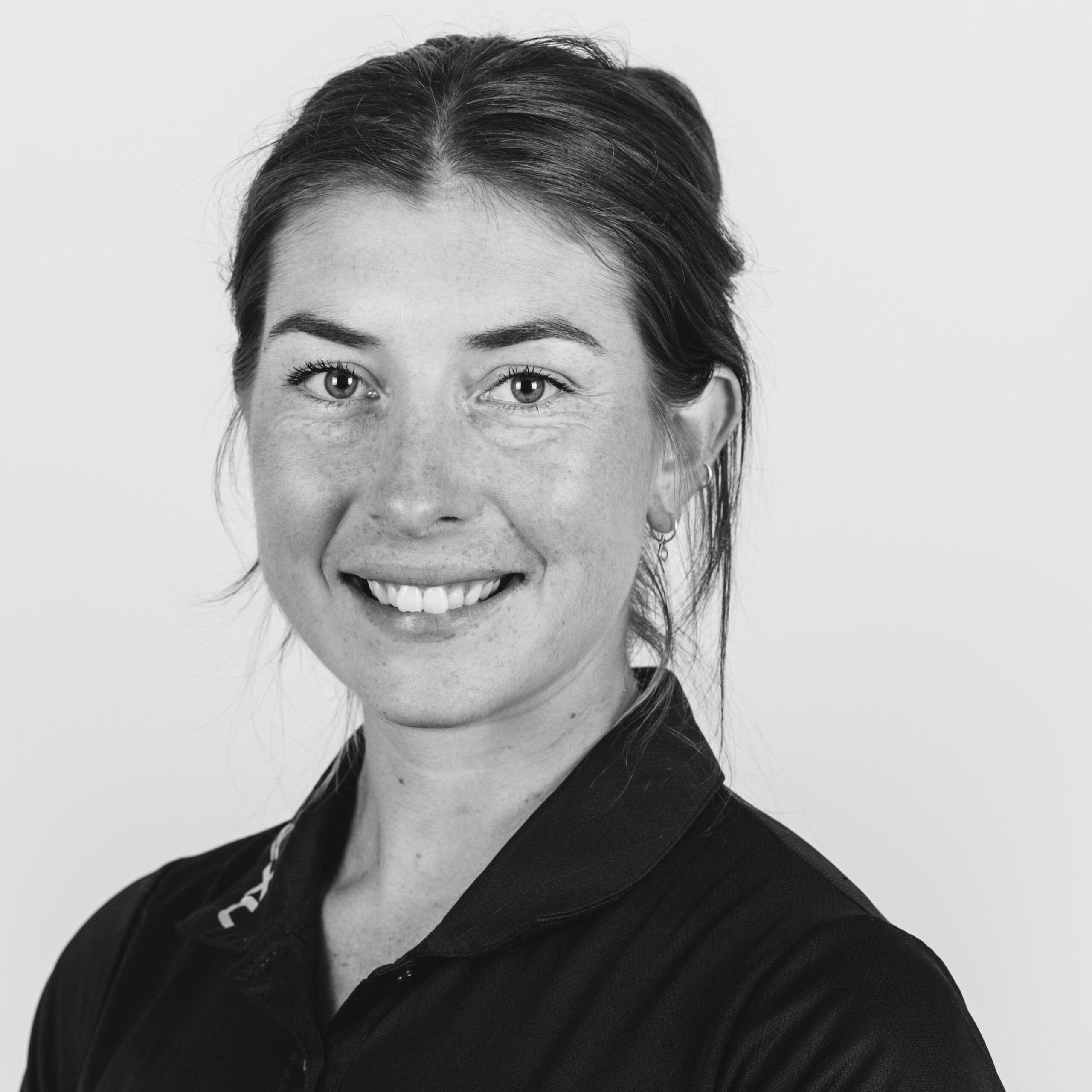
“I feel like I’m showing up as my authentic self. I can be there for other people now and can go out and enjoy the little things; I can go out for food and eat with the people I love because I can be in the moment.
“The eating disorder totally affected my mood. I wasn’t a happy person and I wasn’t excited for life. I showed up for training and life but I wasn’t Zoe,” she says. “It took away my ability to give to other people, meaning my relationships with family and friends became affected because I didn’t have any energy for them.”
“The hardest thing about having an eating disorder was how out of alignment I felt with myself. I knew the person I wanted to be, but I couldn’t be that person when I was driven by the eating disorders obsessive thoughts and concerns,” she adds. “Everything that I did was driven by food and my body and my weight which meant I wasn’t being the Zoe I wanted to be...but I didn’t know how to be the real Zoe.”
Now that Zoe has found peace with her relationship with food, her life has light in it again and she has no regrets about giving up her Olympic dreams. “I feel like I’m showing up as my authentic self,” she says. “I can be there for other people now and can go out and enjoy the little things; I can go out for food and eat with the people I love because I can be in the moment and not worry about how the decisions I make around food are going to affect my body or my weight.”
Zoe has partnered with RLNZ as our ambassador because believes the need for our facility is strong. “So often it’s our environment that is our trigger. I truly believe that if we can get out of our environment and destructive routines, we can be more open minded having all that support around us,” she says.
“It is really hard to make big changes and when you have so many things trying to pull you back into old ways, being with other people who understand is a game changer.”
Gen Mora
Co-Founder: Voices of Hope
www.thevoicesofhope.orgwww.facebook.com/thevoicesofhope
@Gen Mora
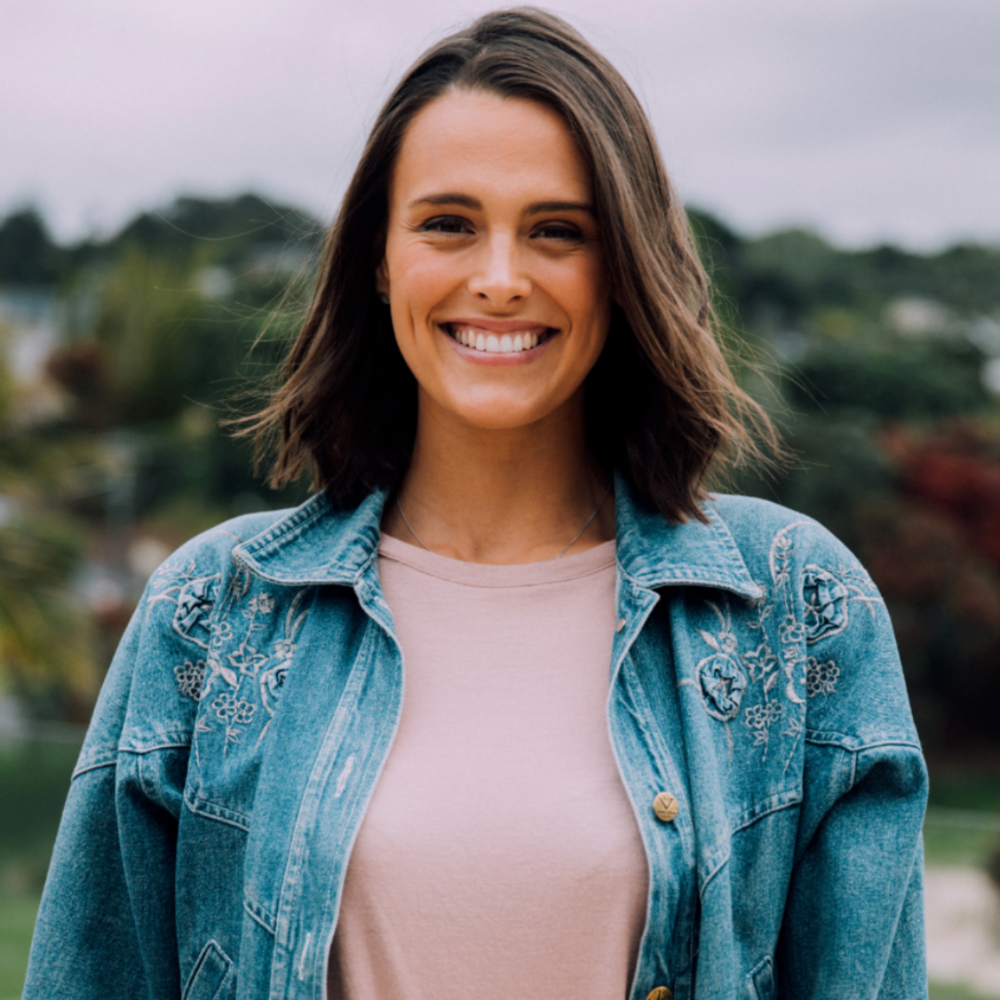
"I love life again, I have found my purpose, my passion. I never ever thought I would get to this point, but I am proof that life can and does get better and that recovery IS possible."
Genevieve thankfully received specialist treatment that helped her to fully recover, something she is grateful for every day. “My whole life has changed,” she says. “I love life again, I have found my purpose, my passion. I never ever thought I would get to this point, but I am proof that life can and does get better and that recovery IS possible.”
Now Genevieve spends her days helping others who struggle with mental health as the co-founder of Voices of Hope, a charity that was established to create content to provoke and bring about change. She also runs eating disorder support groups and is grateful that RLNZ is bringing a centre to New Zealand to provide comprehensive, full-spectrum support. “A supportive programme, passionate team and lived-experience in a beautiful environment will help people strongly recover,” she says. I know RLNZ will be so beneficial for those that go there."
Millie Thomas
Eating Disorder Recovery Coach; Neuro-Linguistic Programming Practitioner
www.healed.net.auwww.ended.org.au
@millietnz
@healedrecoverycoach
@endedaustralia
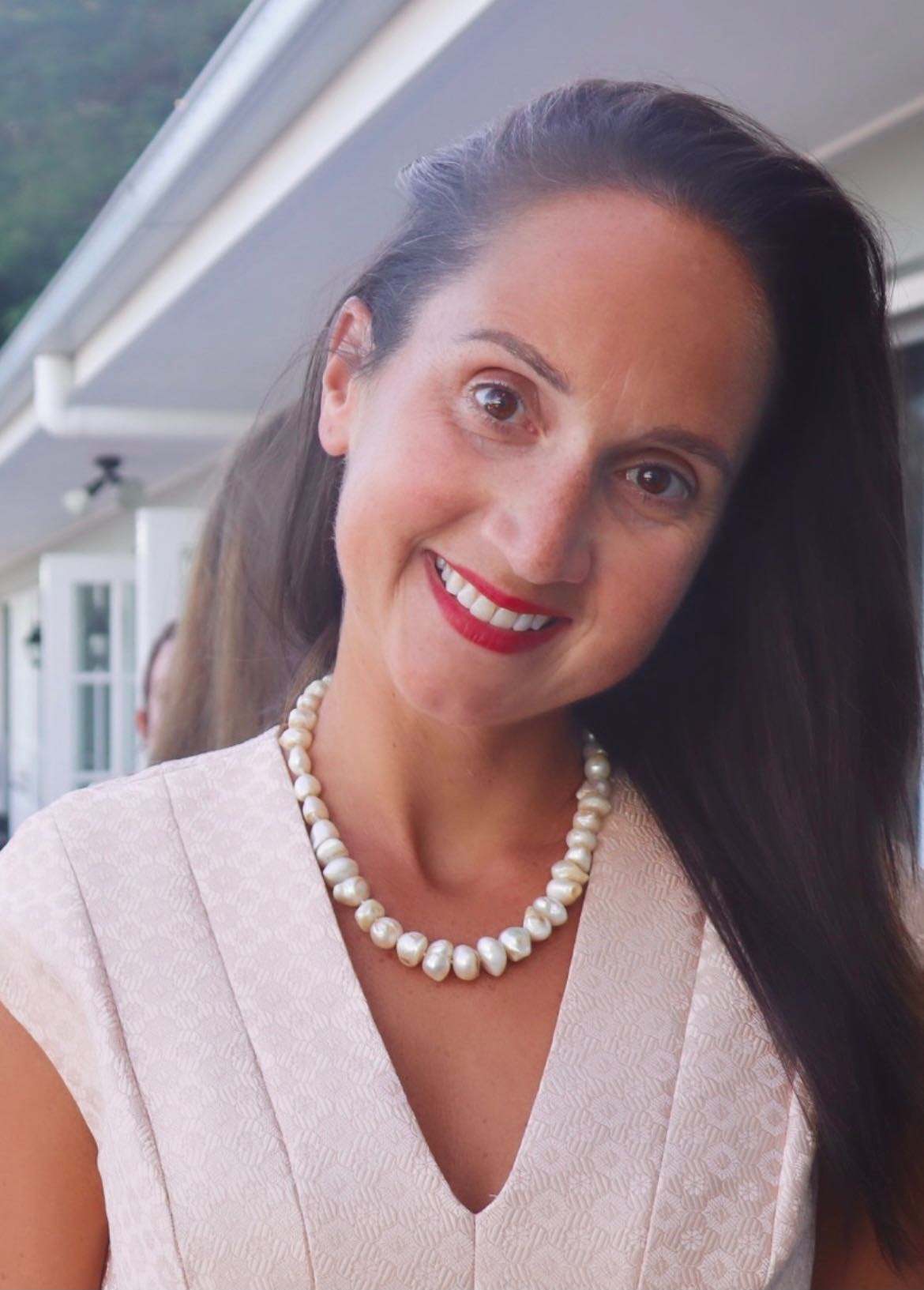
“My whole life has been completely transformed. I’ve come home to myself, and my body, mind and spirit can live as one again. I’m beyond grateful that every day I get to wake up feeling a sense of freedom and contentment that I never thought was possible.”
Not content with living a life destroyed by her eating disorder, Millie embarked on the brave journey of recovery and everything has changed for her since she chose to do so. “My whole life has been completely transformed. I’ve come home to myself and my body, mind and spirit can live as one again,” she says. “I’m beyond grateful that every day I get to wake up feeling a sense of freedom and contentment that I never thought was possible.”
Now Millie is fully recovered, she works as a coach to help others who are affected by these life-altering conditions and she is thankful that New Zealand will soon have a residential facility to help more Kiwis in need. “An eating disorder tailors itself to an individual and thus it’s essential that treatment is also tailored to each individual. The current treatment models in New Zealand fail to do this and thus people are falling through the cracks,” she says. “RLNZ will be an absolute game changer in terms of providing individualised care in a tranquil environment where each person is treated in a holistic manner. I know without a shadow of a doubt that RLNZ will change and save lives.”
Carolyn Costin
Co-author: 8 Keys to Recovery from an Eating Disorder. Founder of the Carolyn Costin Institute
www.carolyn-costin.com/coaching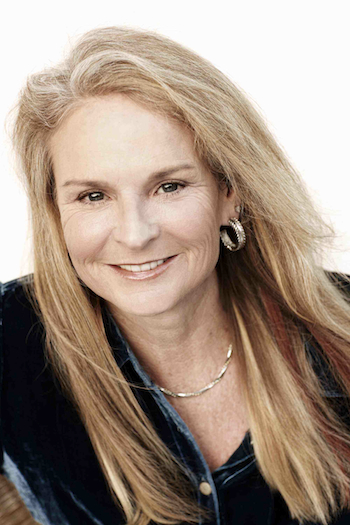
“I am a soul who happens to have a body and not the other way around.”
Carolyn’s recovery journey was at a time when less was known about eating disorders, so her experiences are what helped to shape her later teachings and the treatment model of the residential centre she opened, Monte Nido. Now, Carolyn says she has ‘realised I am a soul who happens to have a body and not the other way around’. Her focus now remains on helping others to see that too.
Her philosophies have helped to shape the RLNZ treatment model and she is glad that Kiwis will be able to access world-class, evidence based care. “We must have places that collaborate with the individual and not just coerce behavior change only to find the person going back to their eating disorder behaviors upon discharge,” she says. “We need places that work towards facilitating internal shifts in consciousness and understanding. We need treatment that strengthens the person’s healthy self, because that is the part that will heal them. That is the kind of recovery that lasts.”
Nikkola Mathews
Professional Triathlete, Ironman
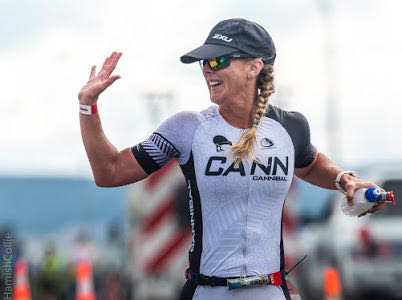
“I must remember that my job is not to please others as that is beyond my control. It is what I think about myself that counts the most.”
She knew going into recovery would be a challenge, but she also knew it was necessary to reclaim her life. “I felt immense guilt for not being able to ‘just eat’ and recover,” she says. “Being able to reframe situations and learning that my voice is worthy of being heard has been a ‘test and learn’ process. You build up resilience over time and learn that no one gets it right all the time.” Thankfully, Nikkola recovered, though her journey was long and tough. “Recovery is not linear and it takes time with different support structures needed along the way,” she says.” Merging back into different life situations such as working environments, social situations, building friendships, living with others or on your own all take different skill sets which need guidance and support.”
She is grateful that New Zealand will soon have a facility that supports the whole-person aspects needed to recover. “You do not cure a disease in a hospital environment over a few weeks, when that disease took years to manifest outside of the hospital,” she says. “True recovery happens when you face the same challenges in the real world and tackle them in a new, healthier way.
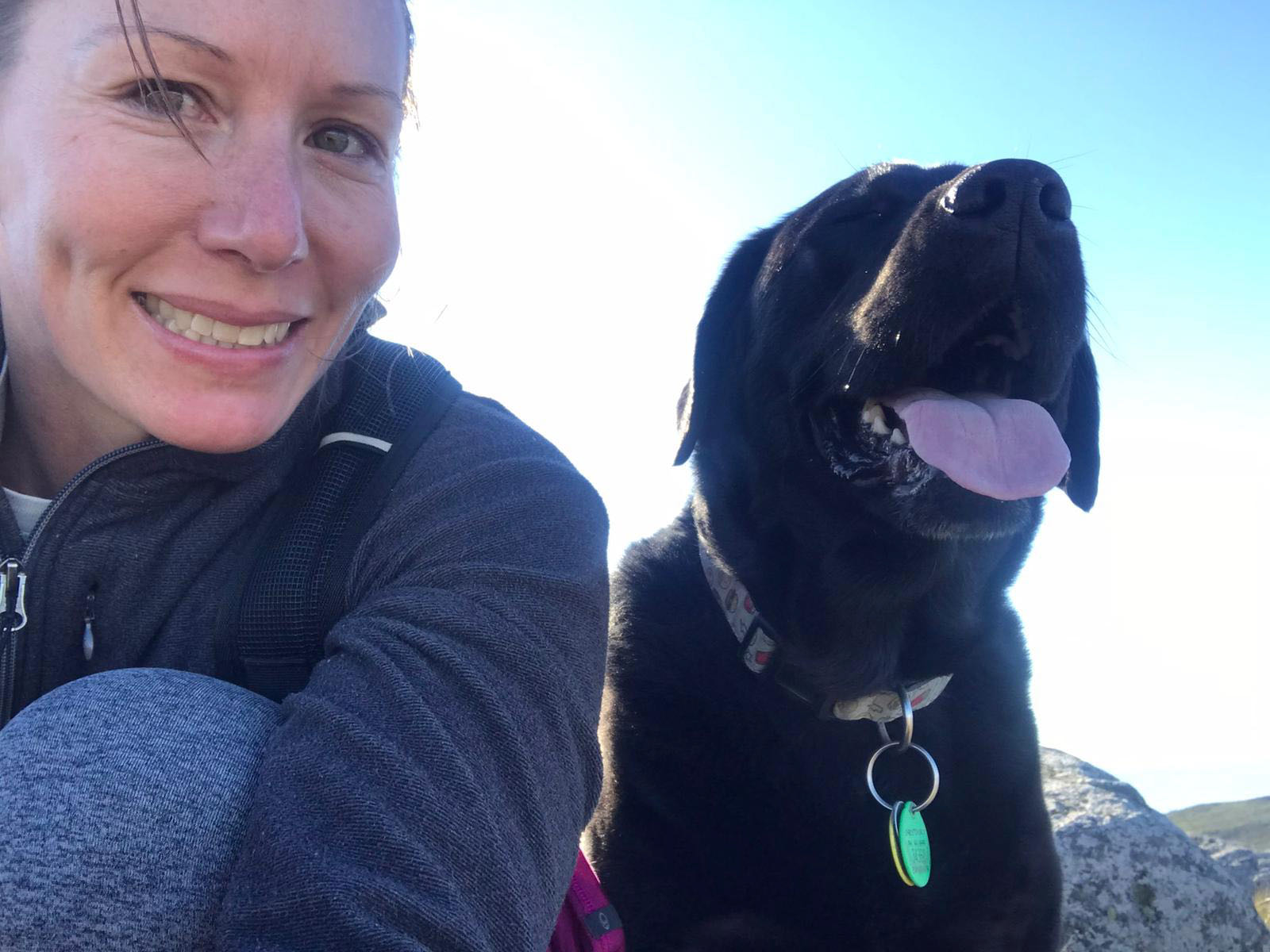
“I am content, I am ok, and I hardly think about food, my body, or not being good enough - I’m not scared of much anymore.”
For Victoria, her eating disorder stopped her from creating the life that she wanted. “I believe I was so scared about so many adult things I put off and now it is too late,” she says. “The social anxiety was crippling at times. Getting ready to go to parties that were very important and arriving all dressed up to just turn around and go home. Not being able to relax around people I did not know, not having a sense of who I was or where I belonged. Apologising to strangers for being fat, or not good enough. Always waiting till I had my goal body before I was allowed to be happy.”
Today, Victoria has found her happiness and says ‘I am content, I am ok, and I hardly think about food, my body, or not being good enough - I’m not scared of much anymore’. Because she knows recovery is possible, even after years of suffering, she spends her days trying to ensure others don’t go through what she did by employing evidence-based treatments at her practice, The Eat Clinic. “The fear is real. This is a fear-based illness,” she says. “The behaviours are a biological reaction that cannot be controlled, and behaviour change is hard in a malnourished brain. And your brain can be malnourished in any sized body.
Victoria has had more and more people reach out to her in 2021 and she says the demand for support is concerning. She knows that the RLNZ treatment centre will play a huge role in helping people to fully recover. “RLNZ will be a vital component for recovery,” she says. “It will be able to provide people with life skills to actually learn to live without the eating disorder. Teaching cooking, shopping, social eating and portion sizes while challenging the urges will create sustainable behaviour change.”
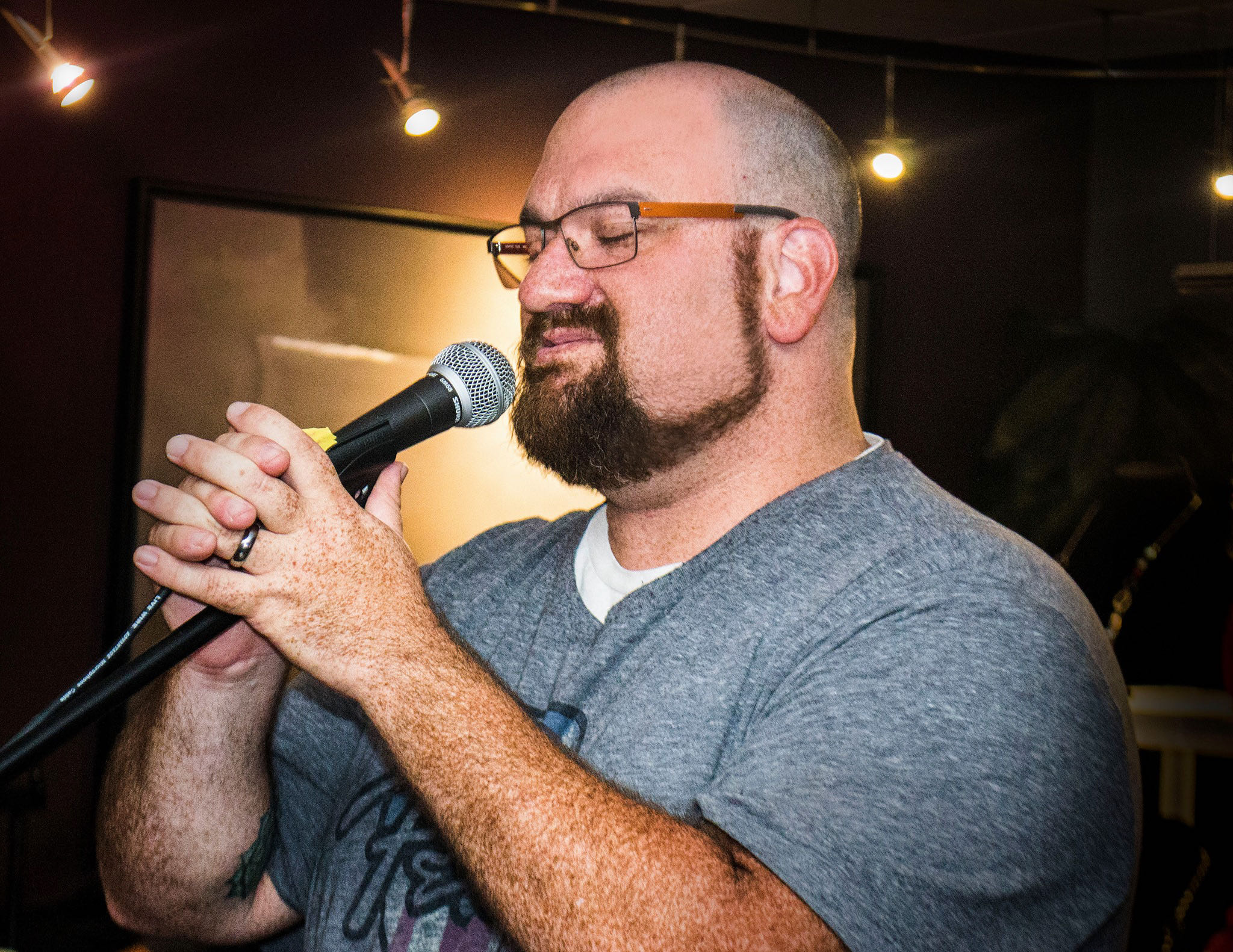
“The truth is our story is different, our language is different, our root causes are often different, and the research on how to treat males with eating disorders is still just in its infancy. More is needed, and I’m in that fight.”
The challenge of being a male with an eating disorder was made harder by a lack of understanding about the condition. “It took nine years before my family recognised I struggled with depression and anxiety, and over the next 11 years I went to several psychiatrists and therapists who not once recognised I had an eating disorder,” he says. “I was not emaciated, and I was not female. My purging was via exercise and starvation rather than vomiting, and my binges were normalised as typical masculine behavior.”
“My presentation as a male with an eating disorder is not the norm. So how many millions of others are going without care, miserable, self-harming, and dying?” he adds.
Andrew self-diagnosed and sought care 20-years ago and now helps others in their journeys as he knows how hard it is as a male to seek support. “At the time I got treatment, nobody talked about males with eating disorders,” he says. “It’s getting some recognition now; it’s part of the reason why as I became a therapist, became certified as an eating disorders specialist, and have been involved internationally in raising awareness of males with eating disorders.”
“More and more men are coming forward and joining the chorus of those who are reducing the stigma of having what is often thought of as a female disease. The truth is our story is different, our language is different, our root causes are often different, and the research on how to treat males with eating disorders is still just in its infancy. More is needed, and I’m in that fight”
Andrew knows that accessible treatment for everyone, no matter their gender, age or ethnicity is vital in tackling the harm of eating disorders. “Residential programs that accept males 20 years ago was unheard of,” he says. “More and more programs internationally are recognising how diverse eating disorders are, and if New Zealand is able provide the necessary education to its staff and patients and their families, lives will be saved that never would have in the past.”
Sabine McKenzie
Eating Disorder Recovery Coach
www.coreconfidence.net@sabine.mckenzie
@coreconfidenceperth
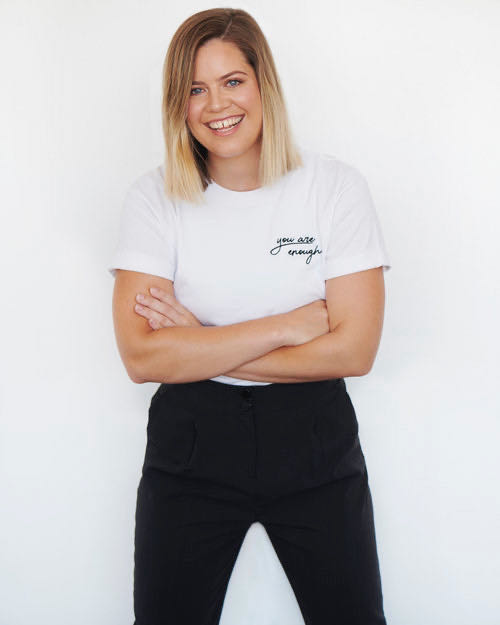
“Since being recovered I have found my joy, freedom and flexibility. I know my worth beyond my image and have found a passion and purpose in helping others realise the same.”
After committing to recovery and seeing the process through, Sabine is now grateful that she had the courage to regain her life. “Since being recovered I have found my joy, freedom and flexibility,” she says. “I know my worth beyond my image, and I have found a passion and purpose in helping others realise the same.”
Sabine now works as a recovery coach, helping others to heal. “My goal is to help people realise their exceptional worth by forming a relationship based on shared experience,” she says. “My aim is to assist people’s recovery by focusing on strengths, practical supports and building skills.”
She also knows that residential treatment is another piece in the recovery puzzle that will help more people to battle their eating disorders having traveled through her own recovery without that level of support. “A residential treatment centre will help provide a continuum of care that is missing for people in recovery,” she says. “It provides a home-like facility to focus on life skills in recovery and be adequately supported beyond just the acute re-feeding support for a small percentage of sufferers we currently see in our hospital systems.”
Sabine is currently an intern with the Carolyn Costin Institute to undertake further training to develop her skills in supporting people in recovery. “I struggled with feelings of isolation and I was unsure if full recovery was possible when I was going through mine,” she says. “But I now know that it is, and my purpose is to decrease feelings of hopelessness and loneliness for those who bravely choose recovery.”
Alex Hudson
Student
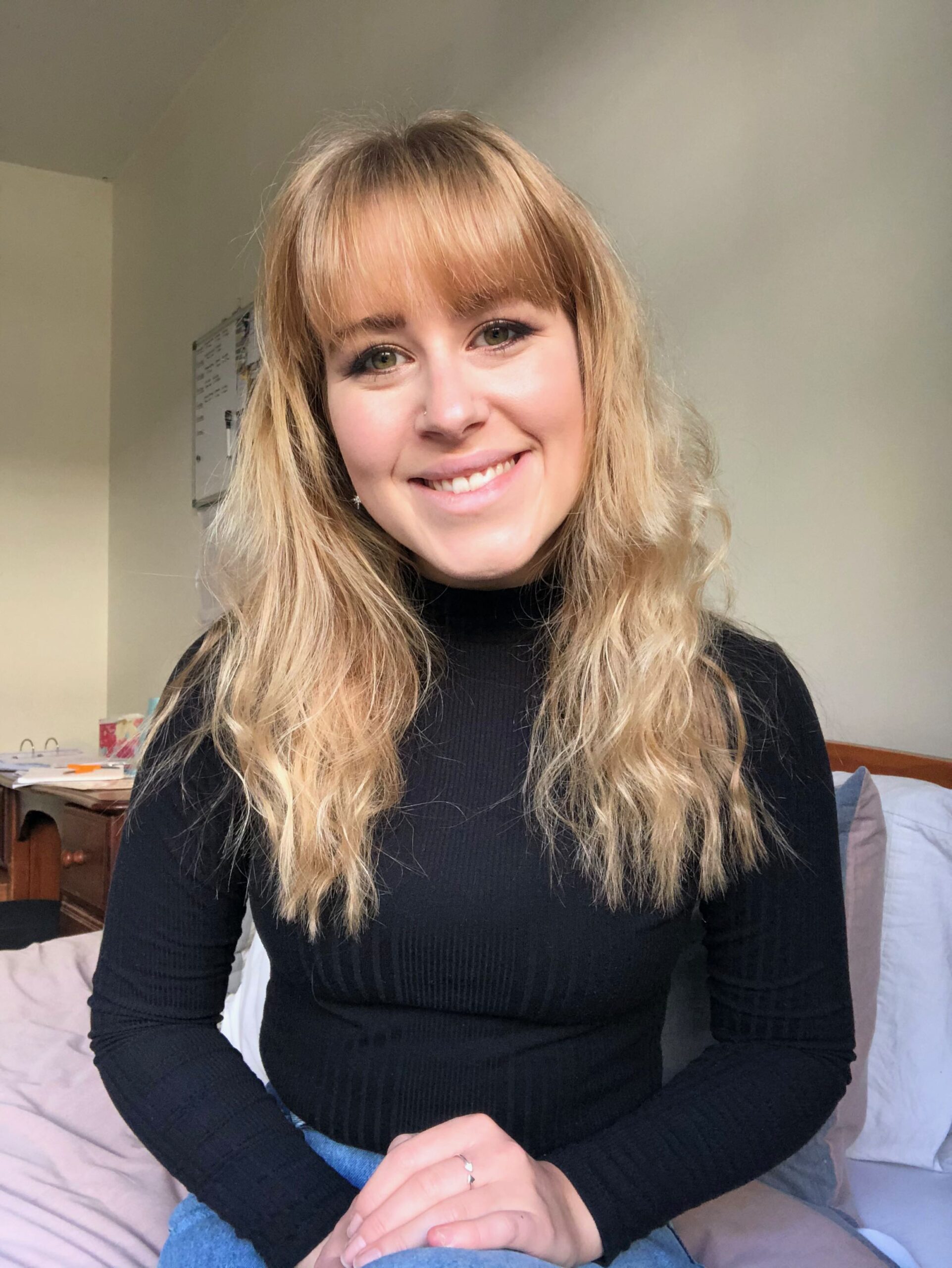
"I’m happy, and I live authentically now. I have moved my identity and purpose away from having an eating disorder, and it no longer controls my life.”
Alex’s life with an eating disorder became her normal, and it was hard for her to imagine what recovery could look like. “The hardest part about having an eating disorder for me was the extreme pressure that I put myself under to try and meet the unattainable standards it had set for me,” she says. “I was distant, anxious and miserable, and I believed that only way to improve those feelings was to allow the eating disorder to control me further.”
“I believed that having an eating disorder was my purpose and my identity, and I was scared to move away from that. It dictated every choice that I made, and I wholeheartedly believed that the outcome of everything that happened in my life was the result of how well I followed the eating disorder rules.”
However, when Alex joined the Recovered Living online eating disorder recovery group, she realised that she was not alone in her struggles and speaking with others with shared experiences made her determined to break the eating disorder’s rules and find herself again. For Alex, ‘everything has changed’ since beginning her recovery journey. “I’m happy, and I live authentically now. I have moved my identity and purpose away from having an eating disorder, and it no longer controls my life,” she says. “Every day I am surprised by how much energy I have and how fun life can be. I have a stronger relationship with myself and the people around me. Recovery has shown me how resilient I am, and I now know that I can do anything I set my mind to.”
Alex wants to share her message of hope with others who are struggling as she has come from a place of despondence, to living a full and engaged life. “It was only after seeking support from RLNZ that I began to see that recovery is truly possible,” she says. “Recovery has given me a life that I never would have imagined for myself and I know this can be the same for others who are struggling.”
Tabby Gallucio

“I now have reasons to get up in the morning. I am not living my life second to Anorexia’s demands but instead I am returning to what the real me wants to do.”
But she had a sense of hope, and it was this hope that helped her to start her recovery journey and reclaim her life back. After committing to becoming ‘Tabby again’, she tackled and overcame her eating disorder. “I now have reasons to get up in the morning,” she says. I am not living my life second to Anorexia’s demands but instead I am returning to what the real me wants to do.”
Tabby knows what it takes to really support a person through recovery, and she is hopeful that more New Zealander’s will be able to overcome their eating disorders when Recovered Living NZ opens its doors. “All too often people are given a short stint of care for their struggles and then sent on their way to fend for themselves. This simply doesn’t work for individuals with eating disorders,” she says. “We need nurturing and to be taught life skills to deal with our illness once we enter back into the world. A residential facility offers a complete, well rounded, nurturing environment where individuals can lean on each other, take time away from the pressures of the world ridden with diet culture and turn inwards to focus fully on their recovery.”
Now, living free of the constraints of her eating disorder, Tabby is thankful she had hope and the right support to help her recover. “I now have room in my brain for family, friends, passions, joy, spontaneity!” she says. “And I am studying Music Theatre at University and pursuing my dreams, something I never would have been able to do without recovery. But most importantly - I have my smile and laugh back!”
Callie Peut
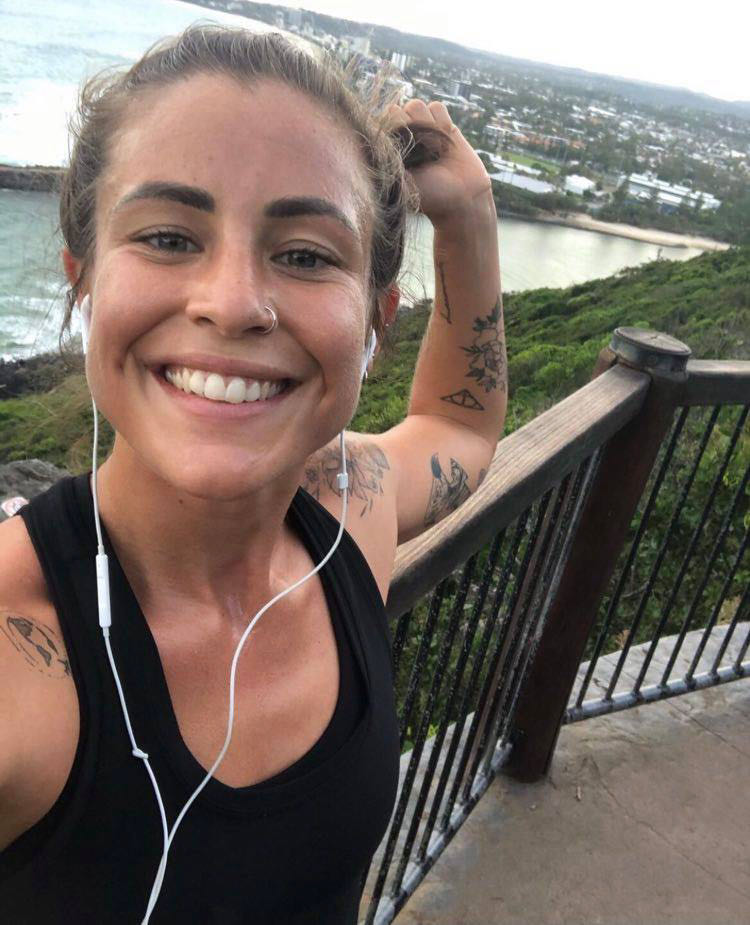
"I think the biggest thing recovery has given me is the ability to be FREE. Free to do absolutely anything I want to do. Free to dream, free to try and fail, free to try again or try something else, free to explore, free to speak, free to have fun, free to connect, free to love, free to be whatever I want."
“I had no aspirations. Well, I did, but none of them were realistic. I had to drop out of university because my brain did not work properly anymore. I could not keep up with the high standards that I had for myself, and my body wouldn’t allow me to sustain a life of study or work,” she adds. “I genuinely hated waking up each and every day and I genuinely sighed each day I woke up and thought ‘here we go again’.”
What Callie wants people to understand is that eating disorders are not a choice, they are complex mental health conditions. “I truly believed I didn’t deserve to have a voice. I had so many feelings and emotions inside of me, but no way to say any of them out loud” she says. “The struggle to just simply survive was huge. Waking up every day and knowing what your day was going to involve: internal abuse, voices, anger, food, self-hate, criticism, never being perfect enough - it was too much to handle.”
“I wish that people could have understood the pain it takes to heal, to simply survive, to fight- maybe then I wouldn’t have just been the ‘anorexic girl’” she adds. “I was not Anorexic, I had Anorexia, but I believed it to be my identity. Perhaps if the correct language was used, I would have believed that I was more.”
Despite the eating disorder having ‘all control’, Callie found the strength to trust the process of recovery which would allow her to come back to herself. Two years later and she describes it as ‘surreal’ that anorexia no longer has a hold over her life after living with it for such a long time. “What has changed now is the responses I have to things, the way I cope. I can now honestly say I do not use food or punish my body to cope, and I can tap into my toolbox of healthy coping mechanisms instead,” she says.
“I am due to finally graduate university this year, and I am so happy to say I now have a full life (working towards it anyway!). I intend to work in the field of eating disorders, creating change, and providing support. I believe this is my purpose and the reason why I suffered so much- one of the many reasons why I belong on this earth.”
Callie is also a strong advocate for the importance of having a treatment team that you can trust and work collaboratively with. “Accessing the right support during my attempts to recover from my eating disorder was honestly one of the most exhausting and, at times, the most detrimental part of it,” she says. “It wasn’t until I finally found a team that worked for me that I was able to trust, let go and hand my recovery over to the people that were experts that I was able to make a real difference in my life.”
“I believe that every sufferer deserves the correct support and means to adequate treatment. Places like RLNZ are worth their weight in gold because it allows sufferers to believe that there is hope in their recovery journey. It provides them with the support to believe that there might be a life without an eating disorder; something that every sufferer should be entitled to,” she adds. “When I had no hope, I allowed my team to hold it for me until I was able to hold it myself. RLNZ will be a place where this is possible, and it's something that I believe everybody not only needs but should have.”
For Callie, choosing recovery has brought light back into her life and she is grateful every day for what it allows her to do. “It has given me the ability to view my body in a completely different way, a vessel to live my life in, something that is completely neutral, a gift. Something that I will endeavour to never punish again, even if sometimes I feel angry with it,” she says. “I think probably the biggest thing recovery has given me is the ability to be free. Free to be able to do absolutely anything I want to do. Free to dream, free to try and fail, free to try again or try something else, free to explore, free to speak, free to have fun, free to connect, free to love, free to be whatever I want.”
Ali Hawkins
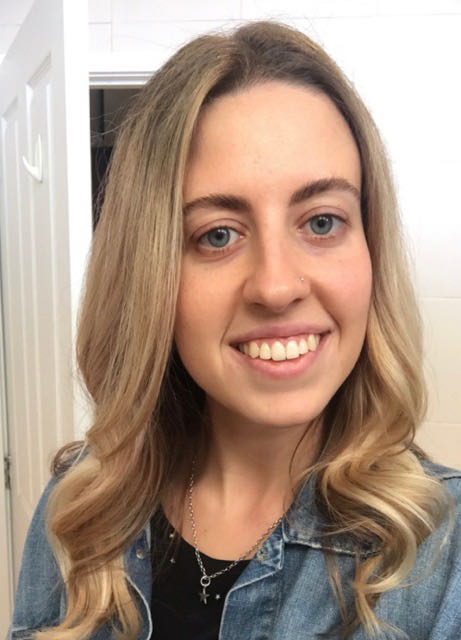
“Recovery allowed me to return to university and finish my postgrad studies in psychology, it allowed me to get back to work, it’s allowed me to go away with friends, make memories and enter a relationship. It allows me to eat ice cream on hot days, host potluck dinners, go for a beer with friends and connect with others over a meal.”
What she wants people to understand is that eating disorders can be so controlling. That a person is often not themselves when they are in the grips of it and their life becomes wholly dictated by the eating disorder. “Eating disorders are ‘ego-syntonic - meaning it was very difficult not only for others, but even myself, to differentiate between what was me and my values, and what was my eating disorder,” she says. “As sufferers, this makes recovery and motivation to change, immensely difficult. But it also makes it really hard for loved ones to trust us when we are unwell. It’s not really us driving these painful behaviours and decisions, but it seems like us. This is part of what can lead to relationship breakdowns and losses. My eating disorder drove every decision I made about what my entire day would look like well beyond just food. It was exhausting.”
When Ali realised the full impact of what her eating disorder had taken from her, she bravely sought help but was met with some challenges in finding treatment. “Professional support for eating disorders is incredibly scarce in New Zealand. We are in dire need of more resources, and sadly, the fewer resources we have, the more they become reserved for those who are the most physically compromised when what we know is that eating disorders are mental illnesses, and someone’s body does not dictate how unwell they are,” she says. “I spent five months at one point, on a waitlist for inpatient treatment, and it was during that time that I reached my worst.”
But Ali was fortunate to find private support to help her through her journey. She is now recovered and grateful she fought to beat her eating disorder. “My entire life has changed since recovery. I no longer struggle with the painful thoughts I used to deal with 24/7,” she says. “I was lucky enough to have access to an amazing therapist who helped me figure out how my eating disorder was serving me, and we worked to get those needs met in different/more effective ways.”
Ali says that a life without an eating disorder is a life she can live freely, and she encourages people who are struggling to reach out and find support because recovery is possible, and she is living is proof. “Recovery allowed me to return to university and finish my postgrad studies in psychology, it allowed me to get back to work, it’s allowed me to go away with friends and make memories, and enter a relationship,” “It allows me to eat ice cream on hot days, host potluck dinners, go for a beer with friends, and connect with others over a meal. It’s allowed me to feel my emotions again because my eating disorder was great at numbing. But not only did it numb the pain, but it also numbed the joy. I get to feel all of it now, and it’s wonderful!”
Ian Hudson
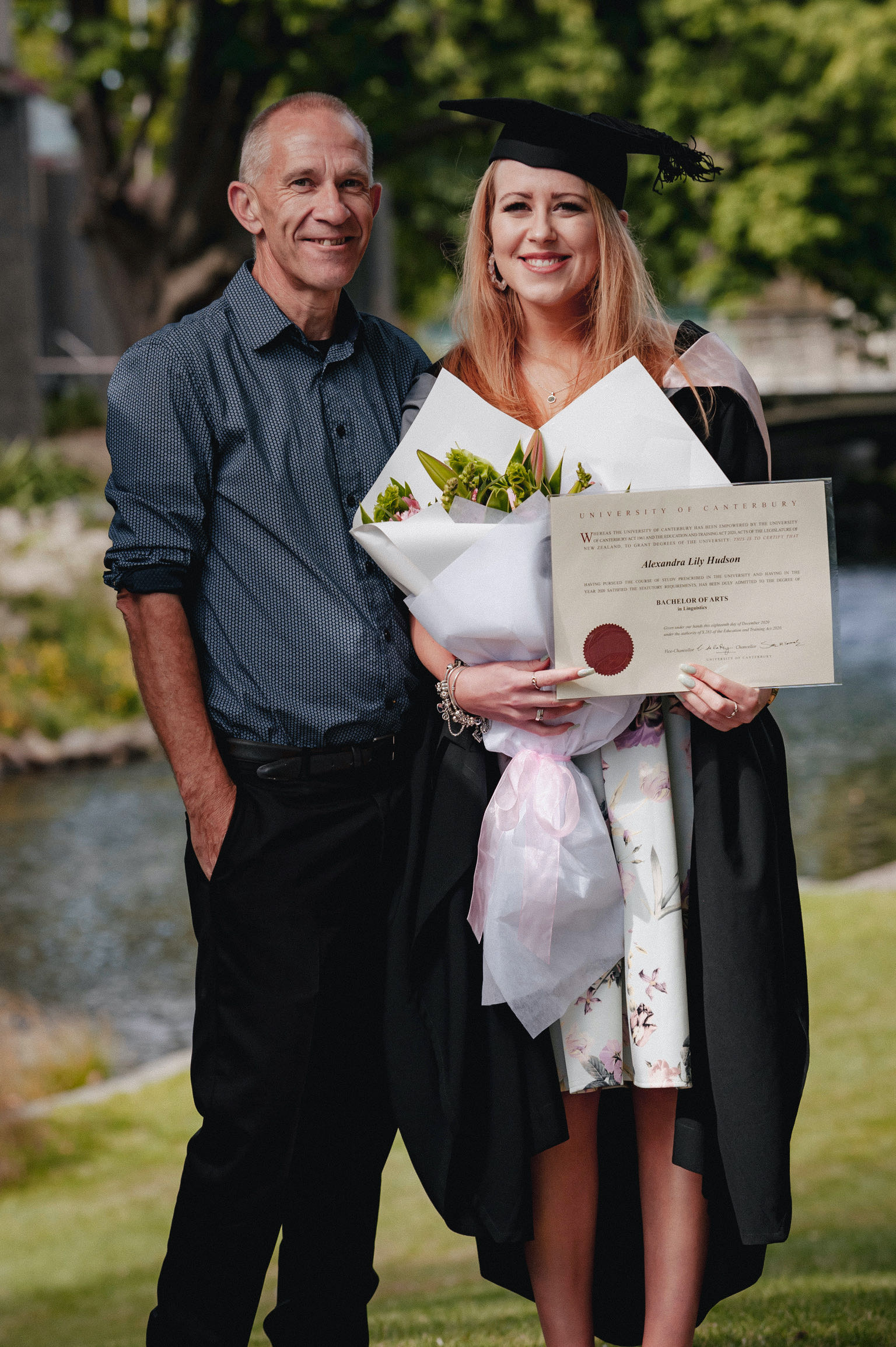
“Our daughter is back, the real her, not some emaciated image that looked like her. She smiles with her eyes and stands tall. She no longer is going through the motions but living a good and full life. The world is her oyster again full of promise, opportunities and possibilities.”
“I worried endlessly over Alex's mental and physical health and her obvious downward slide, he says. “But I didn't truly appreciate how sick Alex was and the grip it held over her and everything she did.”
One of the biggest hurdles the family faced was finding treatment for Alex. “Alex’s mother was the driving force behind eventually finding some help after an exhaustive search,” he says. “It took a monumental effort for us to get the help we so desperately needed. We were constantly turned away, as private professionals had full caseloads and public services told us she wasn't sick enough or her state of health was too complex for one department. Alex, like all eating disorder patients, hid her eating patterns well and continually assured us she was fine.”
“The public service is grossly under-resourced and is the ambulance at the bottom of the cliff, or unfortunately an ambulance that never arrives or is too full” he adds. “They often don't appreciate the complexities of an eating disorder and the need for a multi-pronged approach and treatment.”
After battling to find Alex the support she needed, she was finally able to connect with Kristie Amadio from RLNZ, whose strong belief in every person’s ability to recover is something Ian credits for saving her life. “Our daughter is back, the real her, not some emaciated image that looked like her,” he says. “She smiles with her eyes and stands tall. She no longer is going through the motions but living a good and full life. The world is her oyster again full of promise, opportunities and possibilities.”
Ian is happy that soon, more people will have access to life-saving treatment when RLNZ opens the doors to their residential centre because he knows it will help other sufferers and families have better access to care. “It will fill the void and hopefully be a solution and hope for those in need. A specialist service that knows the best path for a full recovery is long overdue and will be an asset to society.”
